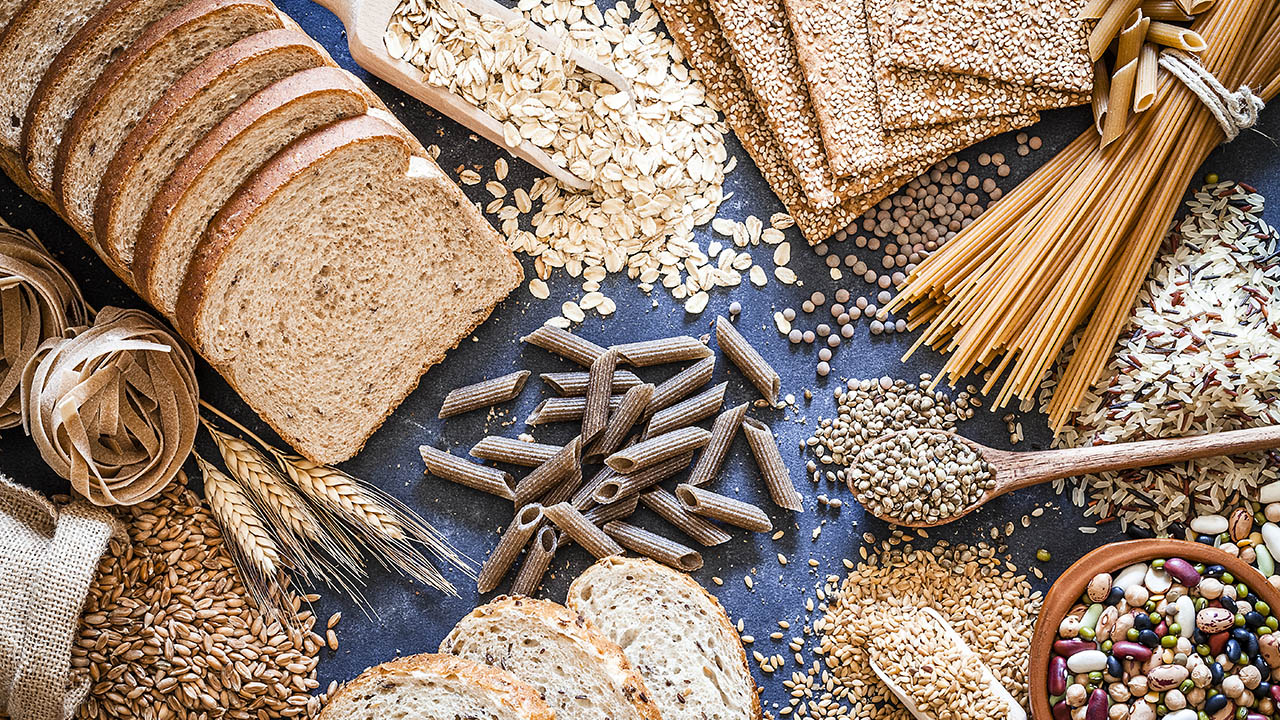Should I be eating more fibre?
 CREDIT: ISTOCK (FCAFOTODIGITAL)
CREDIT: ISTOCK (FCAFOTODIGITAL)Fibre is an all-encompassing benefit to your health, yet most Americans are getting less than half of the daily recommended amounts.
In this week’s segment we are going to get a little personal and talk about bowel movements — we are all humans and we all go to the bathroom, so let’s chat about it!
Fibre is extremely important for your overall health. It can assist in reducing constipation, normalizing bowel movements, lower the “bad” cholesterol and your risk of developing type two diabetes, colon cancer and heart disease. Additionally, it can assist with weight management as fibre can help you feel fuller and more satiated for longer.
Seems pretty important right? Unfortunately, most people are not getting enough fibre — not even close. Americans consume between 10 to 15 grams of fibre per day, while the USDA’s recommendations for people under 50 years of age is 25 grams for women and 38 grams for men, according to health.harvard.edu.
Fibre comes from plant forms of foods that your body cannot digest. Unlike other food components such as protein and fat, which is absorbed into the body, fibre remains intact. There are two recognized types of fibre: soluble and insoluble. Both types are good for us and we should aim to eat a variety of high fibre foods.
Soluble fibre dissolves in water and forms a gel-like consistency. Soluble fibre helps to lower “bad” cholesterol levels, reduce the risk of heart disease and stabilize blood sugar levels. Soluble fibre can be found in black beans, avocado, Brussel sprouts, sweet potato, broccoli, pears, apples and oatmeal.
Insoluble fibre promotes the movement of material through the digestive system and increases stool bulk (helpful for those who experience constipation or irregular stools). Insoluble fibre can be found in whole wheat flour, wheat bran, cauliflower, green beans, and potatoes.
It is important to note that we should try to stick to “whole food” sources of fibre as much as we can. Stay away from fibre supplements such as Metamucil or Benefibre (unless recommended by your doctor), as they do not come with the added benefits of vitamins, minerals and other important materials that whole foods do.
Last week, we talked about the benefits of nutrition facts, ingredient labels and what to look for. For fibre specifically, choose foods that contain more fibre. Per serving, aim to choose cereals with six or more grams of fibre, pasta with four or more grams, and breads and crackers with three or more grams.
On the ingredient list, look for whole grain. Unfortunately, “12 grain” or “multigrain” likely means the grains are refined and do not have the whole grain still intact therefore, they are presumably lower in fibre.
If you are looking to reap the rewards of having regular, comfortable bowel movements, and increase your overall health, here are some ways that you can easily incorporate fibre into your diet.
Breakfast: Begin your day with a high fibre cereal (look for 10 grams or less of sugar too!), or incorporate nuts, chia seed or ground flax seed, fruit and/or oats to plain yogurt, Greek yogurt or smoothies.
Lunch and Dinner: Add vegetables, beans and/or peas into soups, chilies, stews, omelettes, and pasta dishes. Add berries, nuts and/or seeds to a fresh salad with an oil-based dressing.
Snacks: Make raw vegetables your go to snack! Carrots, sugar snap peas, broccoli, cauliflower, and/or green beans. Use a healthy dip such as hummus, salsa or homemade guacamole. Another great snack option is air-popped popcorn; keep the butter and salt to a minimum, and try a no salt added spice blend!
Trainer tips:
- Keep the skin/peels on produce such as potatoes, apples and cucumbers as half of the fibre is found within the skin.
- Products that claim added fibre usually contain “inulin” or “chicory root” — many people complain of gassiness and bloating after eating foods with added fibre.
- Drink lots of water! Fibre works best when it absorbs into water, making your stool softer and easier to pass.
- Add fibre into your diet slowly to allow your gastrointestinal tract time to adapt.
Consider some of these options if you are looking to increase your overall health, improve bowel movements and/or work towards weight management.
If you experience any digestive distress, such as constipation, or are planning to dramatically change your diet, seek out your physician’s advice first.
Katherine is a Fitness & Wellness Coordinator at the Student Wellness Centre.















